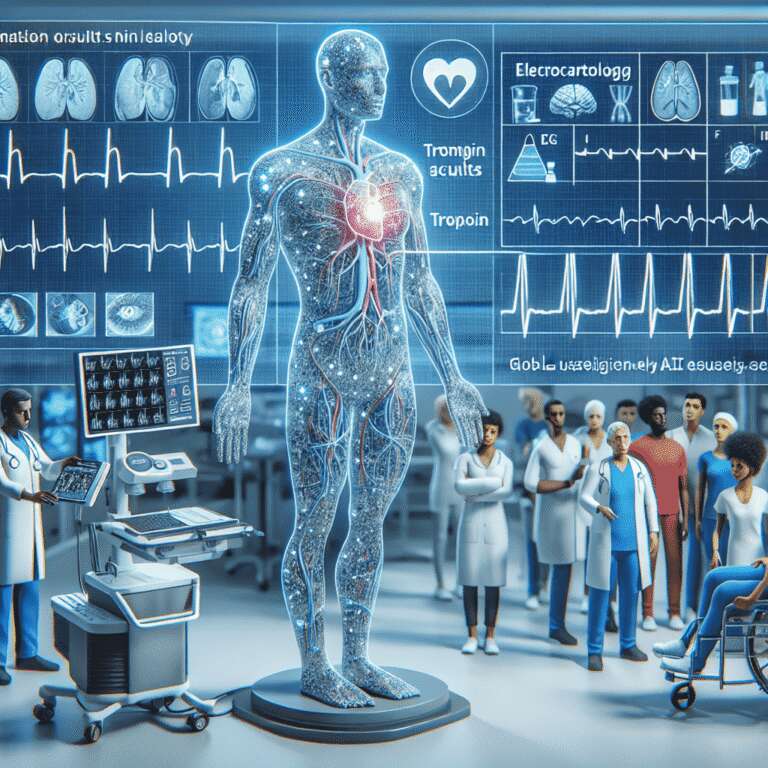An artificial intelligence model trained to detect blocked coronary arteries using electrocardiogram (ECG) readings has been shown to perform on par with high-sensitivity troponin T testing. According to research presented at the American College of Cardiology’s Annual Scientific Session, the AI model was able to identify which patients required urgent treatment for heart attacks with significant accuracy.
Unlike other AI tools focused on high-risk populations, this open-source model was designed for broader application across general emergency department populations. It demonstrated particular efficacy in diagnosing non-ST elevation myocardial infarction (NSTEMI) heart attacks, which typically challenge clinicians due to their subtle ECG changes. The model’s ability to improve prediction speed for urgent coronary revascularization could reduce treatment delays.
The research involved training on data from roughly 145,000 emergency visits and validating it on 35,000 further cases, both internally and across a German center. The model outperformed clinician ECG interpretation and conventional troponin testing, showing potential to complement clinical diagnostics by providing earlier alerts and triggering confirmatory testing. Future studies are being planned to assess its practical application and benefits in a clinical setting.

